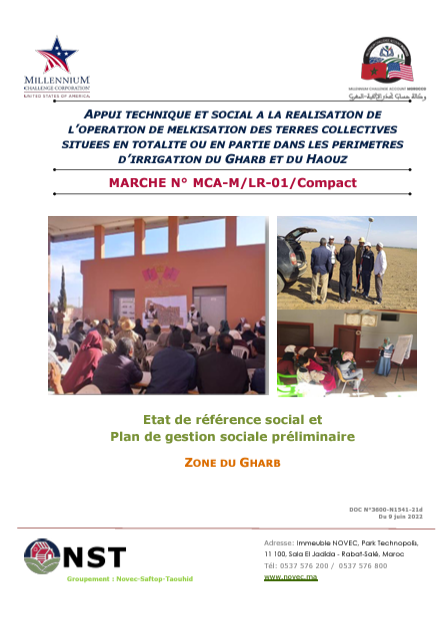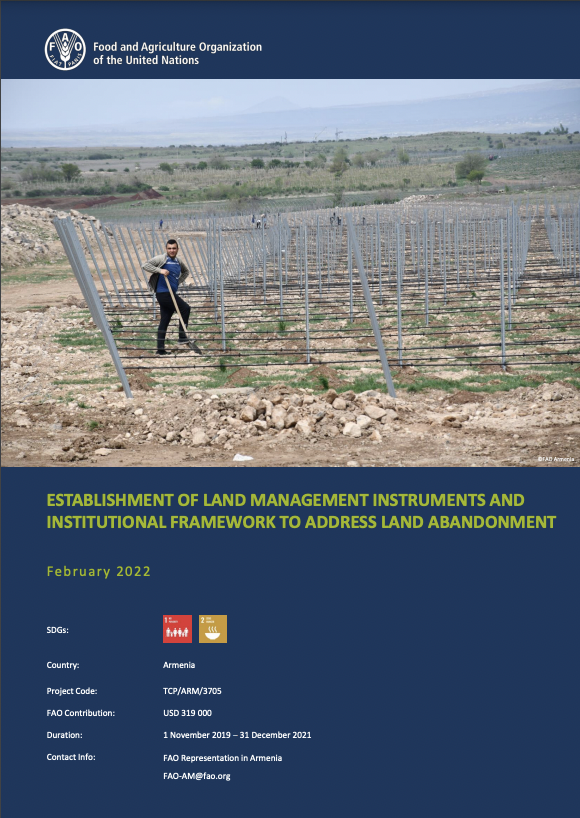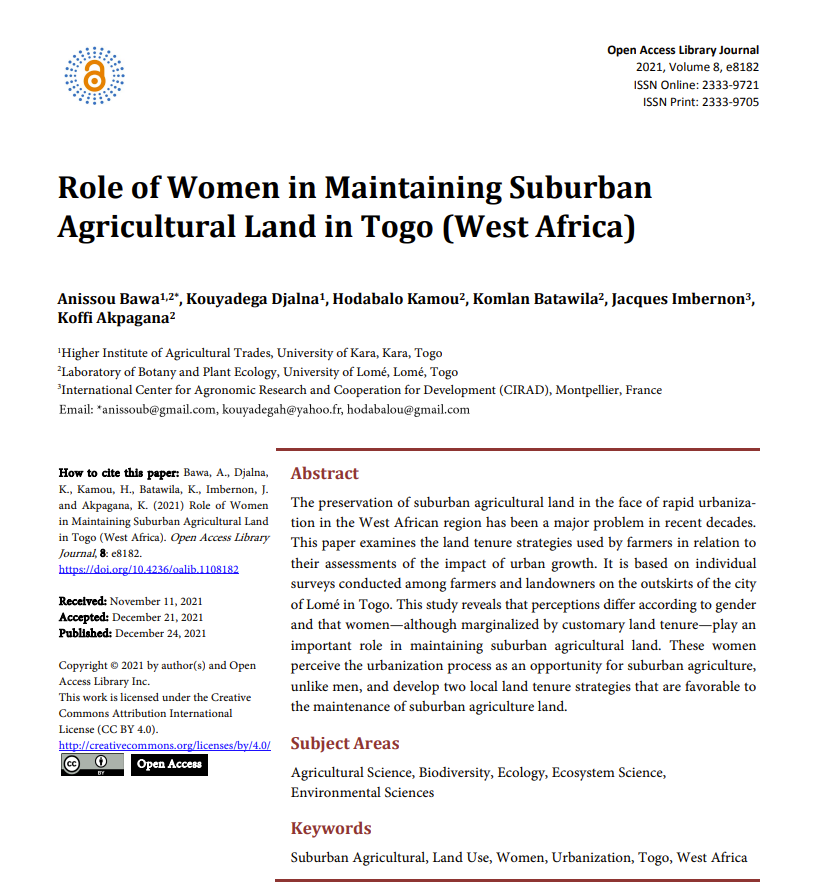Achieving win-win outcomes for biodiversity and yield through diversified farming
To leverage agriculture's potential to better benefit both people and nature, policymakers need clear messages about which farming practices positively impact biodiversity and yields, and when trade-offs arise. Existing reviews analyse effects of different agricultural practices on either biodiversity or yield, without considering interactions.







